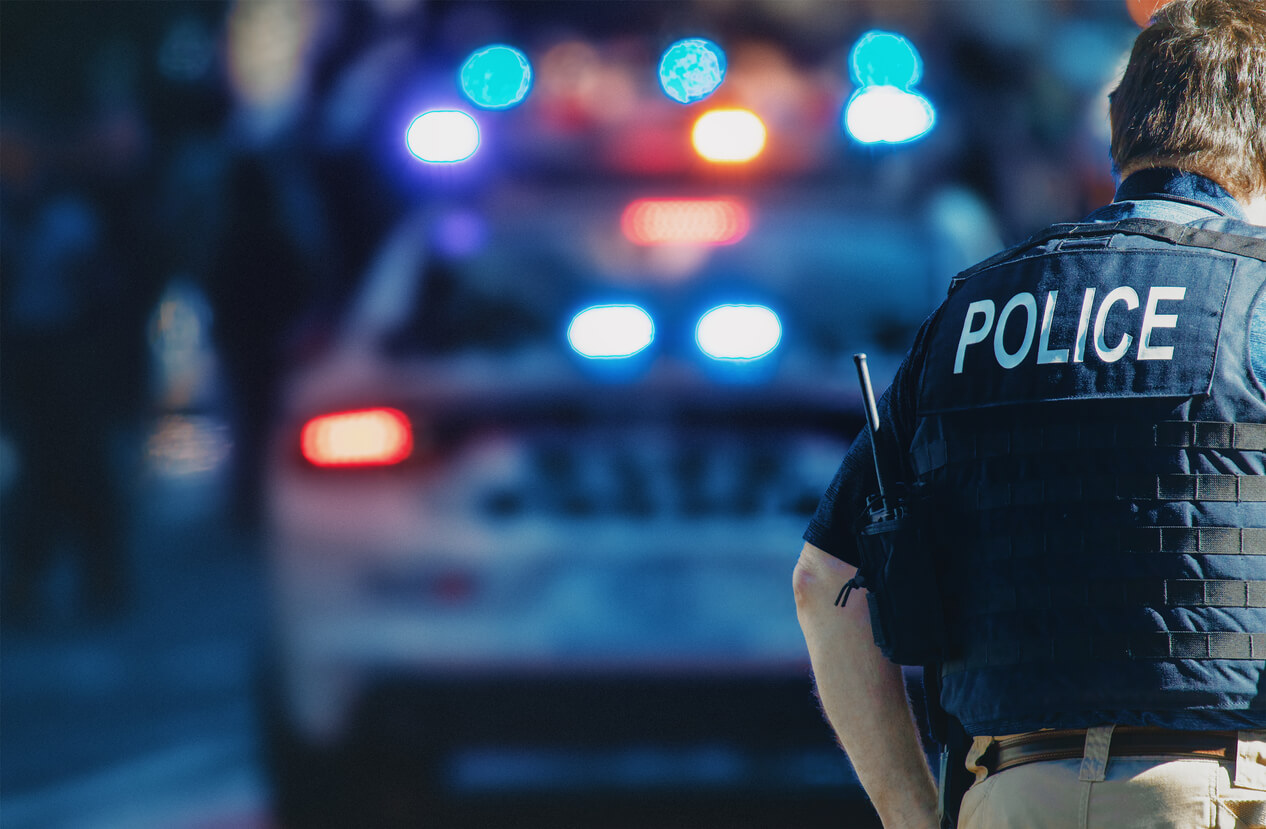While often extremely inconvenient, sobriety checkpoints are legal. But while you may not evade them, you still have certain rights. Here are the dos and don’ts of sobriety checkpoints in North Carolina.
DO Stop When Asked
The Supreme Court has ruled that sobriety checkpoints are legal. Therefore, you must stop at a sobriety checkpoint if an officer asks you to do so. Cars are chosen to stop at random, so it doesn’t mean that you are being accused of anything. Just remember to stop, follow directions, and remain respectful.
DO Provide Police with Your Information
When a law enforcement officer asks you for your identification at a sobriety checkpoint it’s important that you listen and provide him or her with your driver’s license and vehicle registration. If you don’t do so, it could lead the officer to be suspicious of you and may end up with your arrest.
DON’T Violate Any Traffic Laws
If you see a sobriety checkpoint far ahead in the distance, you have the right to go in a different direction. However, it’s imperative that you do not make any illegal moves, such as an illegal U-turn as this could create reasonable suspicion for the police to believe you are under the influence, allowing them to then pull you over.
DON’T Incriminate Yourself
If you are asked to stop it’s likely that the police officer will ask you a few different questions including what you’ve had to drink, where you’re coming from, and where you’re going. While you may have only had “a couple of beers,” it’s important to understand that anything you say to an officer can later be used as evidence against you. It’s best to politely tell the officer that you decline to answer these questions.
DON’T Take Field Sobriety Tests
If you are stopped you may also be asked to take a field sobriety test, which often consists of walking in a straight line and standing on one foot. You should know that you are legally allowed to refuse taking this test. Politely decline to do so and express that you have the right to refuse.
DON’T Voluntarily Take Blood or Breath Tests
Sometimes the police will ask you to take a blood or breath test, which test for the level of alcohol in your system. Unless you are being arrested for DUI, you are not legally required to take a blood or breath test. It’s generally best to decline to take these tests when they are voluntary.
Attorney Joel Hancock at Hancock Law Firm, PLLC Helps Those in North Carolina Who Have Been Charged with DUI/DWI
If you have been charged with DUI/DWI and believe that your rights have been violated, you may have options. You have the right to defend yourself. Your best bet of doing so successfully is with the help of a knowledgeable and experienced North Carolina criminal defense attorney who understands what you are up against and will fight on your behalf.
At Hancock Law Firm, PLLC, we fully understand what is at stake and will do everything that we can to help you to fight this order. To learn more or to schedule a free consultation, contact us today!


